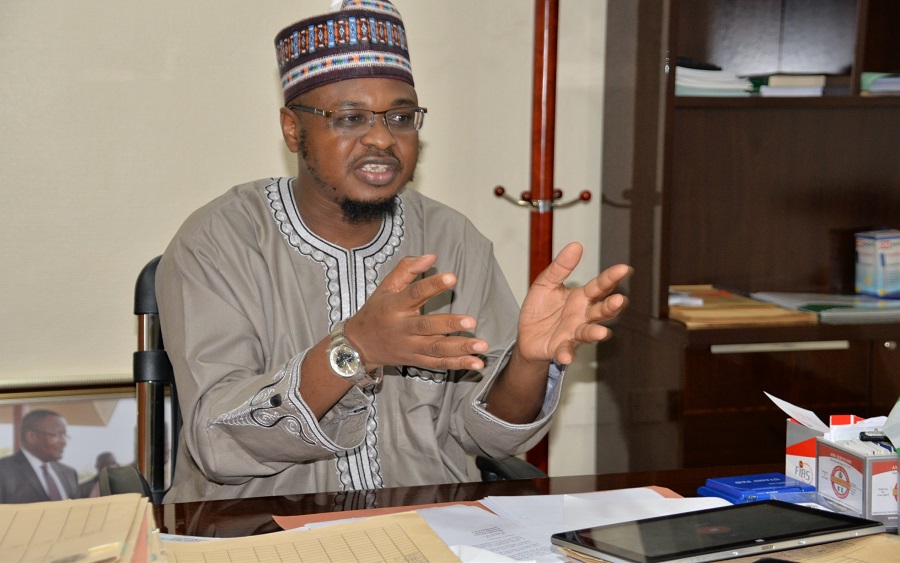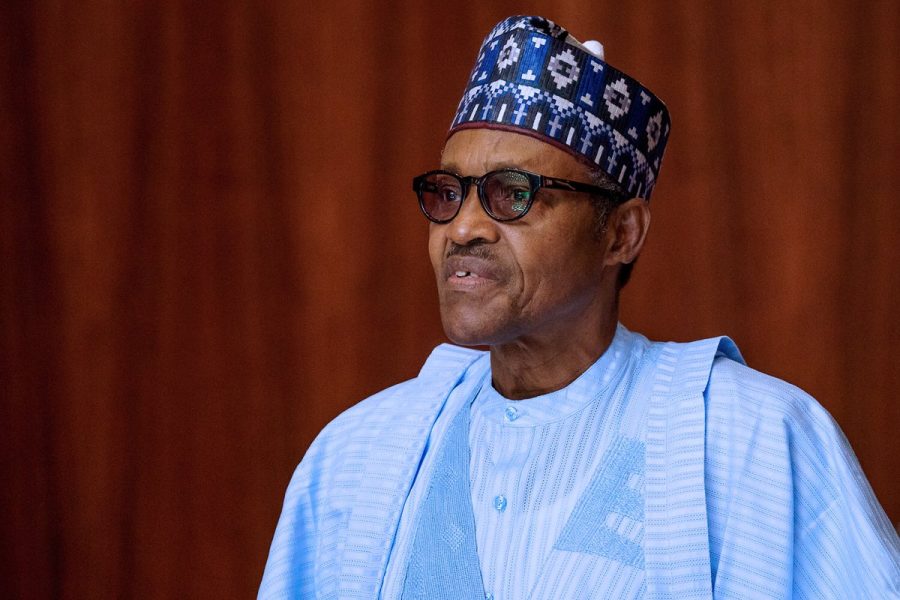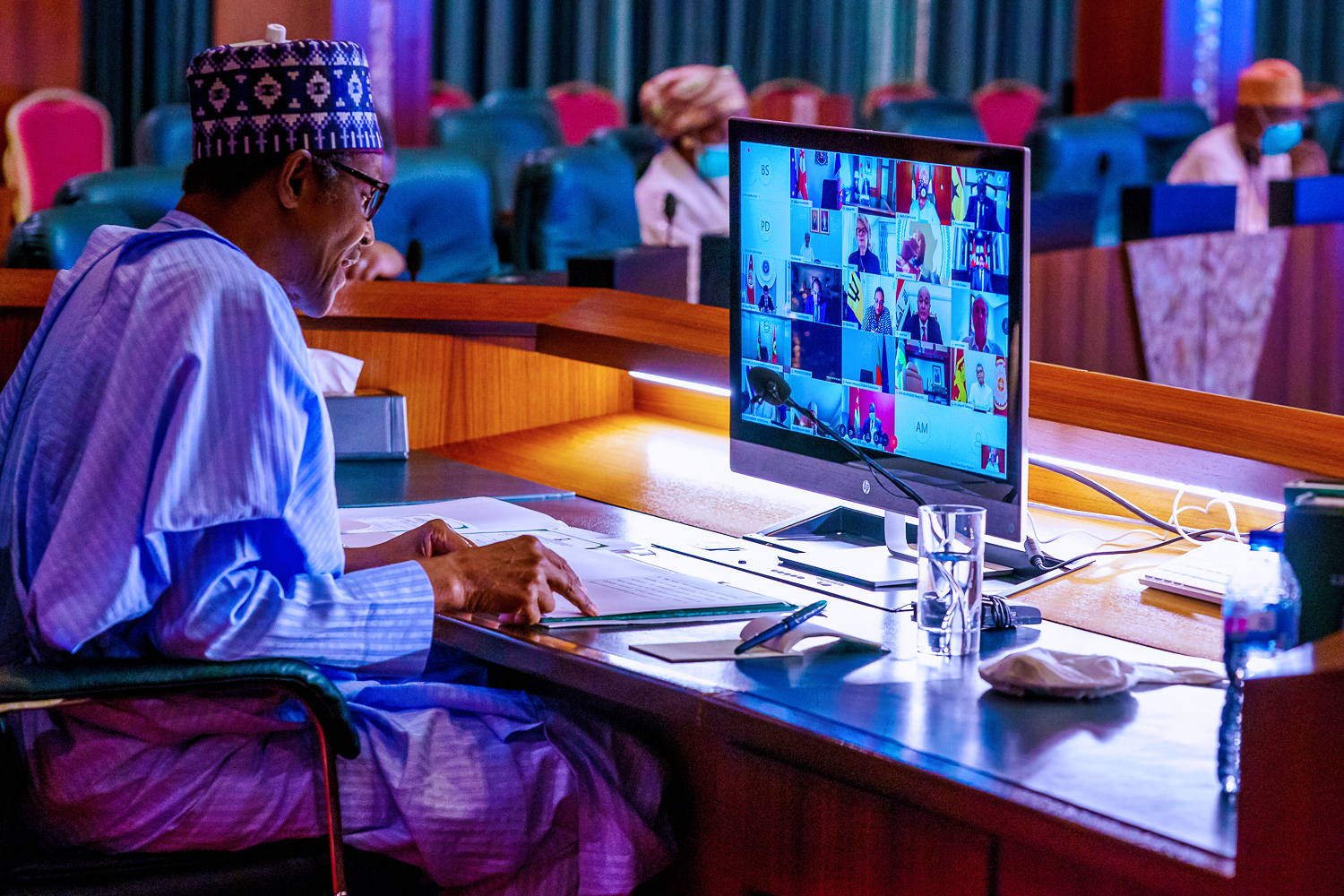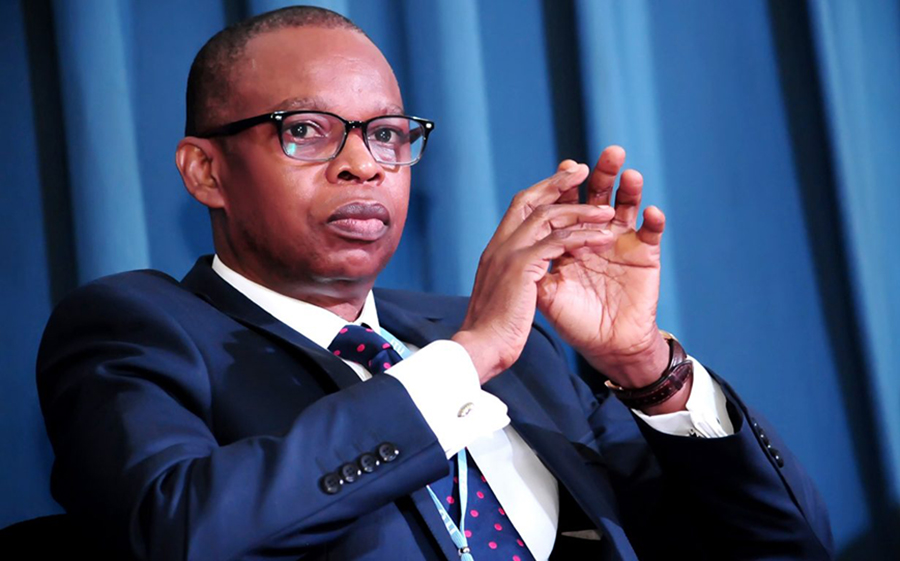The Federal Government (FG) has reiterated its commitment towards ensuring the implementation of the broadband strategy. This is according to the Minister of Communication and Digital Economy, Isa Ali Ibrahim Pantami.
Pantami said that although there had been some challenges, one of which was the Right of Way (RoW) charge, he made known that it would not distract the government from implementing the broadband plan.

“We have a huge digital literacy gap in the country, especially in rural areas. One of the objectives is to create a pool of Nigerians with digital skills and that can be validated through globally recognized certification.
“To implement the digital economy, you must have broadband. We want to ensure that the broadband strategy is implemented; we want to increase broadband penetration. We are still having challenges like the issue of the Right of Way. We are pleading with the governors to understand that broadband is key to our economic growth and development,” Pantami said.
Speaking during the signing of a Memorandum of Understanding (MoU) with IBM Nigeria, the minister gave the advantages of broadband penetration, saying it is key to Nigeria’s economic growth and development.
[READ MORE: Telecommunications: Broadband penetration set to grow)
He said, “It will increase the nation’s GDP. The broadband penetration is currently at 37.5 percent, we are making progress and we are addressing the obstacles to our broadband penetration. This MoU will also bridge the gap between academia and industry. Most of our institutions are focused on the certificate, we are working with relevant institutions to ensure that the gap is bridged. We have a digital economy for digital Nigeria.”
Recall that Nairametrics reported when the Federal Government queried some states against their decision to increase the Right of Way (RoW) charges levied against Telcos. Some state governors had reportedly increased the RoW charge that telcos pay to lay fibre cable, demanding as much as N3,000 to N6,000. To this effect, Pantami urged the concerned states to reverse the decision to increase the charges.




















